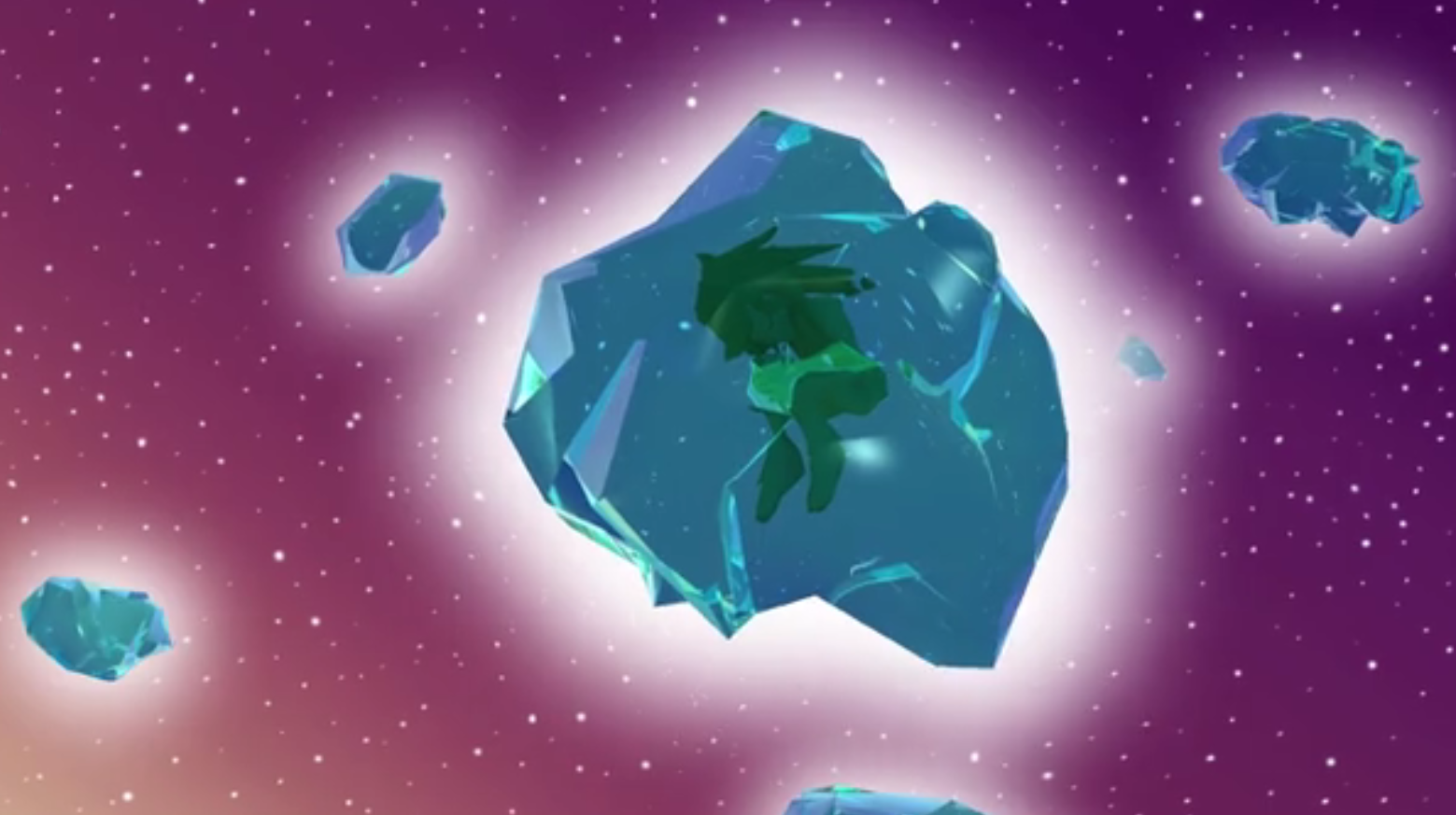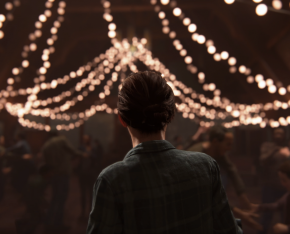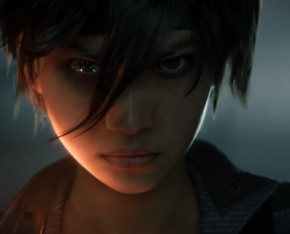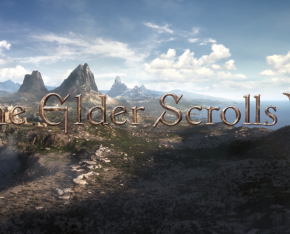By Andrew Dodson on September 9, 2014 at 1:23am
At tiltExpo this year, Player Theory had the opportunity to sit down and try out a demo for an interesting platformer called "Prisma."
"Prisma" takes place in the world of Aura, which is rendered in a colorful, stylized way that I found quite pretty. The player controls Ray, a girl summoned down from an asteroid by a cute-looking witch named Fractal (who seems to be a sort of mascot for the game) who needs Ray to help her fulfill some kind quest (which the demo doesn't cover). Fractal helps unlock Ray's multidimensional powers, which she uses to complete each level.
"What do you mean, multidimensional powers," you ask? Ray's powers and how they influence the world of Aura is a very significant part of the gameplay behind "Prisma." By pushing different buttons on the controller, you can tap into a blue, yellow, or red dimension, each one gifting Ray with a different ability. The blue dimension allows Ray to jump higher, the red allows her to break through certain walls, and yellow allows her to sprint forward. The mechanic doesn't end there, however. The colors on Aura play an important role in the platform-nature of the game, as Ray can only interact with certain colored parts of the level.
For instance, if Ray comes across a long strip of yellow, she has to be in the yellow dimension to run across it; otherwise she'll fall right through.
The demo started very slowly, giving you time to learn the limits of Ray's power in each color-coded dimension. It's easy to learn, and from there, the game is quick to challenge you. In no time at all, I was sprinting down a yellow runway, switching to blue to land a tall jump and - in midair - switching to red to pound through a red wall before sprinting again. I can easily see this game becoming a favorite among gamers that love the fast-paced platform game genre, competing to get the best time on a single level.
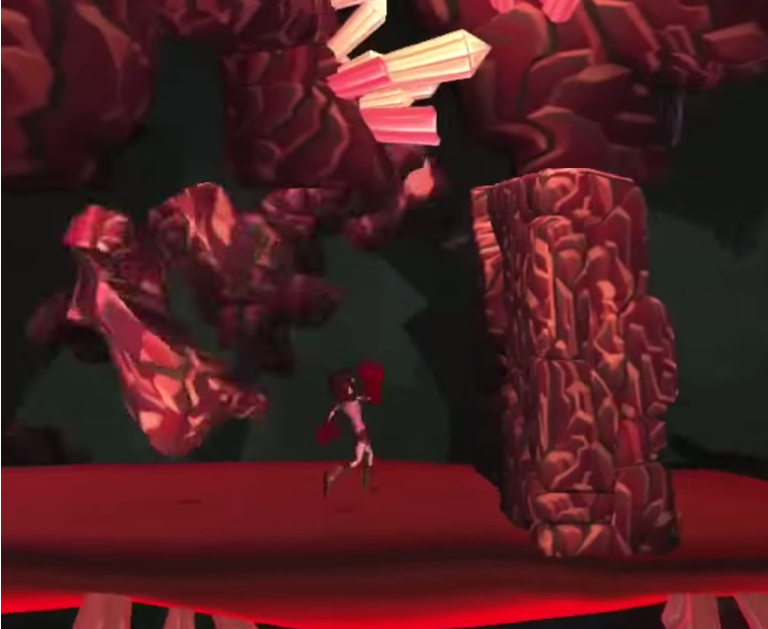
One thing that I really liked about the demo is how the tutorial of the game starts out. A lot of games force a rule, power, or mechanic down your throat at the beginning so you learn how to do it, even if you don't necessarily need it right away. "Prisma" doesn't really do that. It leads you into learning how the different dimensions work in a very natural way, using level design that actually seems to advance Ray's progression through an area. It doesn't tell you to turn on the blue dimension and jump to a point; you realize you can't make the jump, you consider the abilities at your disposal, and you use them. "Prisma" also doesn't sit you down and teach you the mechanics, but it does give you the opportunity to learn them through play. And it works. It feels very much how the popular game "Super Meat Boy" started you off fast, letting you figure out the limits of the character by simply designing the levels to make you learn it. It's a good system.
The demo ends with a crazy boss fight where you fight a huge, floating, masked man with a ton of arms, which shoves you into a situation where you have to use all of Ray's powers to dodge fists, jump high, and eventually switch to red-mode (battle mode!) to punch the villain right in the head. It felt like a very classical boss fight (three hits to win) with the boss pulling some new trick or getting faster after each hit. I played like a dummy for a lot of the fight, but one of the developers talked me through completing the battle. As the boss faded away, and the demo ended, I definitely felt the desire to continue with the game and try my hand at more challenging levels.
Continuing with the "Super Meat Boy" comparison, I can easily see how "Prisma" could be the next difficult, frustrating, and oh-so-satisfying-to-complete platformer title. It requires the player to utilize speed, timing, and constant awareness of the colors in the environment to jet from one point to the other. It really scratches that "difficult-but-not-impossible" platformer itch.
The team behind "Prisma" won the E3 College Game Competition this year for the work they've done so far, and just based on what I played, it was certainly deserved. "Prisma" is a delight to play with a beautifully-rendered world and an interesting mechanic that really makes you focus to get through each level. Player Theory is definitely looking forward to playing more when its finally released. Until then, check out this little gameplay video to get a feel for what "Prisma" has to offer, and if you crave more, you can play the demo yourself!
Prisma Project Prisma on Facebook Project Prisma on Twitter
